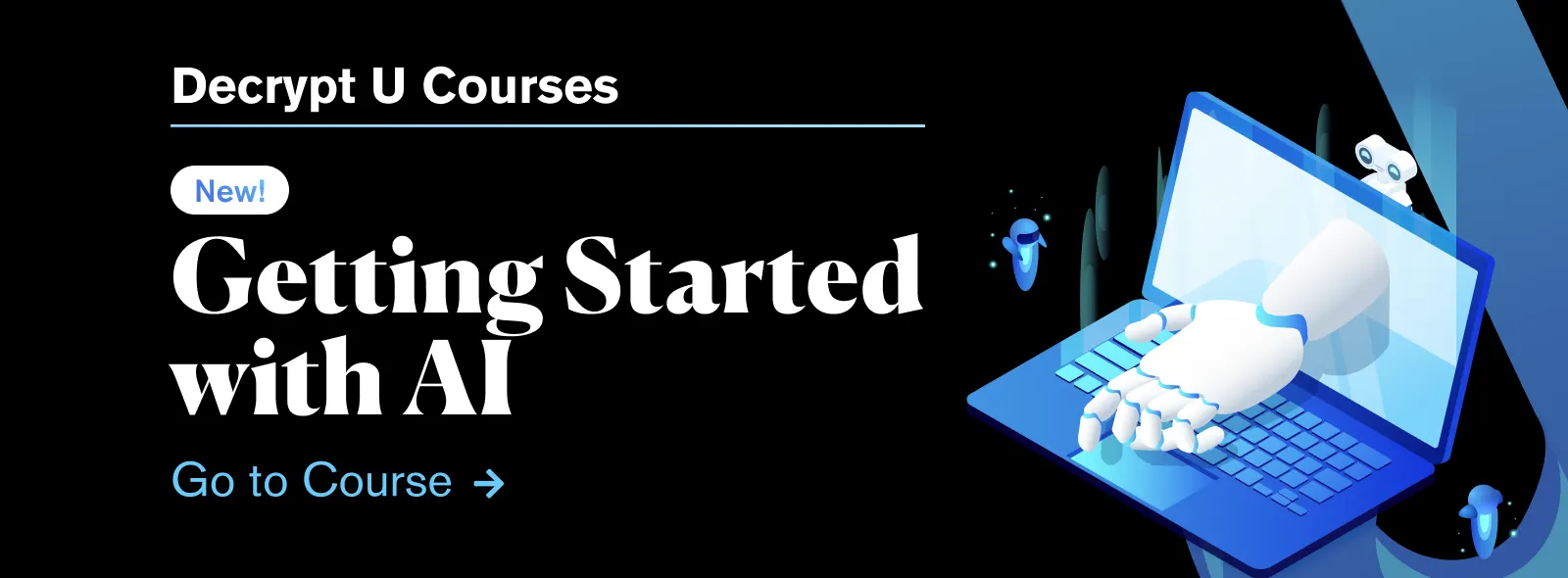As generative AI carves out its niche in the technological realm, it's garnering mixed sentiments from business leaders ranging from optimism to apprehension—as revealed in a recent survey conducted by business consultancy KPMG U.S.
While a majority of executives anticipate significant AI-driven shifts in business, with KPMG summarizing their view as expecting an "enormous impact" across industries, their readiness for immediate adoption is wavering. KPMG polled 300 global C-suite and senior executives, of which 225 were based in the United States.
The study paints a picture where 65% of 225 U.S. executives foresee a significant influence of generative AI on their organizations in the next three to five years. Interestingly, 60% of the same group, however, confess they're still a year or two away from implementing their inaugural generative AI solution.
Despite AI's fast-tracked entrance into corporate conversations, it's clear that organizations face potential challenges keeping up. Less than half of those surveyed believed they have the right blend of technology, talent, and governance to roll out generative AI successfully.
“CEOs and board members must personally invest time in understanding generative AI, and they must demand the same of their teams,” said KPMG National Managing Principal, Advisory, Atif Zaim. He argued that understanding generative AI should be a mandate for CEOs and board members.
However, despite the hype, a whopping 68% of executives admitted to a lack of a central entity or team dedicated to steering the implementation of generative AI. Current efforts are predominantly driven by IT departments.
Barriers to adoption are primarily costs and the absence of a robust business case, followed closely by concerns around cybersecurity and data privacy. The latter concerns claimed the attention of 81% and 78% of respondents, respectively.
The survey's key findings illuminate an intriguing paradox. Executives view generative AI as a catalyst for productivity, work transformation, and innovation, yet nearly half believe that it can also negatively impact organizational trust if not managed correctly.
It's clear that sectors' attitudes towards AI vary significantly. Some 71% of tech, media, and telecommunications (TMT) respondents, as well as 67% of healthcare and life sciences (HCLS) executives, feel their sector has adequately prioritized generative AI. In contrast, only 30% in consumer and retail share this view.
The survey also indicated a lack of mature, responsible AI governance programs in place, with nearly half of the organizations intending to set one up—but having yet to do so.
The advent of AI also brings with it a shift towards a hybrid workforce, marrying human skills with generative AI. Respondents across industries express optimism about AI’s potential to elevate productivity (72%), transform work dynamics (66%), and spur innovation (62%). Yet they remain acutely aware of the potential downsides, with some fearing a decline in social interactions (39%) and rising mental health issues due to job insecurity (32%).
This dichotomy isn't unique to this survey. It mirrors trends seen in other studies that highlight widespread concerns about AI's intrusion into sensitive areas like human resources, privacy, and potential job displacement.
Overall, despite acknowledging the transformative potential of generative AI, executives are grappling with substantial hurdles to its adoption, namely business case clarity, appropriate technology, talent acquisition, and governance. As AI evolves, the urgency for quick adoption is matched by an equal emphasis on responsible and ethical deployment.
The results of the KPMG U.S. survey reflect a broader narrative in the relationship between generative AI and businesses. As companies navigate the benefits and challenges of this transformative technology, the journey promises to be as crucial as the destination.
Interested in learning more about AI? Check out our latest Decrypt U course, “Getting Started with AI.” It covers everything from the history of AI to machine learning, ChatGPT, and ChainGPT. Find out more here.


